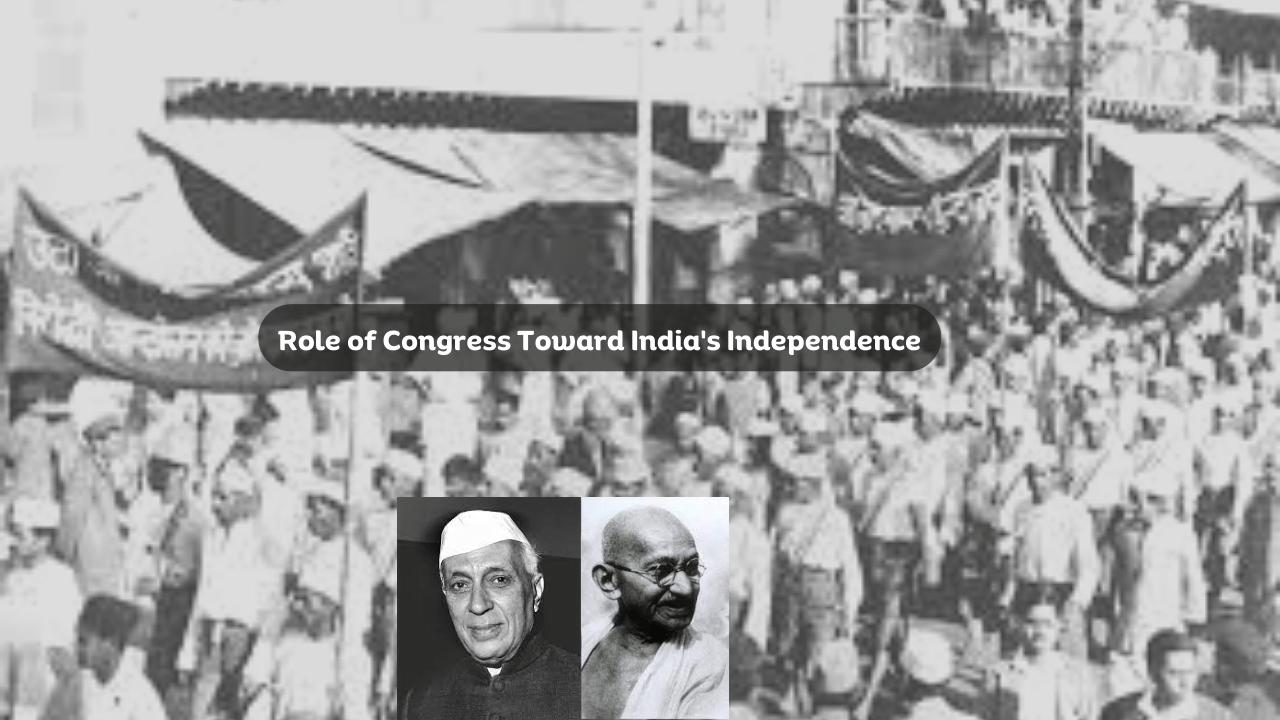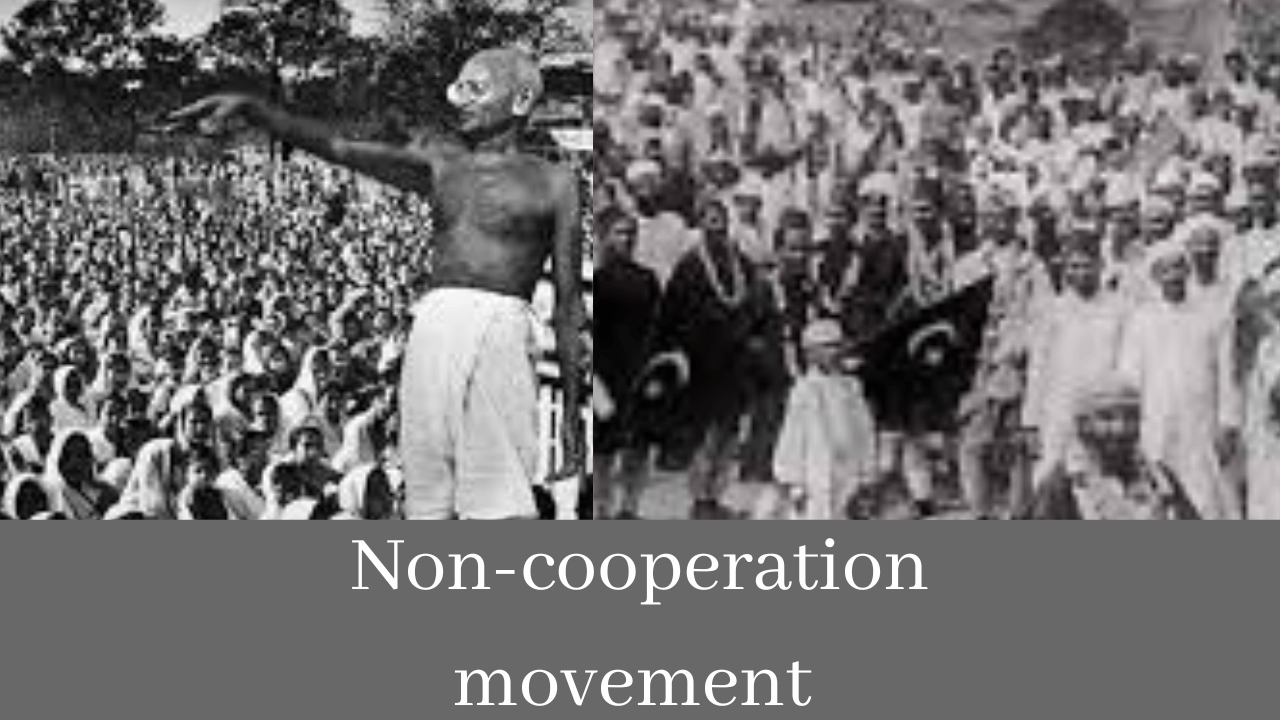The year 1857 was a lot of unrest in British-ruled India. The Indian Rebellion, commonly known as the Sepoy Mutiny, was an uprising by Indian troops against their British leaders that served as the catalyst for the rest of the events. The uprising was put down, and as a result, the Congress Party was founded in India. In this article, we discuss the role of Congress in India’s independence.
Different Movements Toward Independence
The Indian Rebellion of 1857 had a significant influence on Indian politics and gave rise to several groups that contributed to the country’s eventual independence. An important institution for expressing nationalist objectives and winning support from other people was the Indian National Congress, which was founded in 1885.
Some significant individuals, groups, and things helped India get independent from British domination. But a lot of other things and people also contributed to the nation’s eventual emancipation. National Congress of India: The Congress was a political party that was founded in 1885 and aimed to give India more freedom and self-rule. It was crucial to the Indian independence struggle, which featured figures like Mahatma Gandhi, Jawaharlal Nehru, and Sardar Patel.
Gandhi led the non-cooperation campaign, which called on Indians to boycott British products and institutions to peacefully oppose British authority. Gandhi also spearheaded the civil disobedience campaign, which demanded widespread acts of defiance against British authority, such as the refusal to pay taxes. The 1942 “Quit India Movement” demanded that the British leave India right away and give Indians control of the country. Partition of India: On August 15, 1947, British India was partitioned into Pakistan and India, both of which gained independence. The Non-Cooperation Movement, which Gandhi spearheaded in 1920 to boycott the British administration and its policies, is another significant occasion. Millions of Indians participated in this boycott of government-run education, and much more.
Another significant campaign for independence, the Civil Disobedience Movement of 1930, saw participants engage in nonviolent demonstrations by refraining from paying taxes or purchasing commodities from other counties. Indians were able to free themselves from the British Raj through these and other initiatives, leading to their final independence in 1947.
Establishing Congress Post-Rebellion
It would be difficult for the British to leave India. The Indian National Congress was founded in 1885 as a direct response to British rule. A forum that brought together many nationalist currents in India was the Congress. It pushed for India’s independence under the direction of Dadabhai Naoroji. The British had to make sure they had a puppet administration in place that would carry out their orders. A step in that process included the creation of the Congress. Playing as members of India and freeing it from British domination, you must cooperate.
Struggles of Congress to Secure Rights for Indians
Understanding the difficulties they had in securing fundamental rights for Indians is essential. The first challenging step was persuading the British government that Indians deserved these rights. Since the British believed that Indians were underdeveloped and illiterate, it was not easy; Congress had to provide strong evidence that Indians were capable of handling their affairs. Even though Congress was going through a difficult period, they persisted in their efforts and eventually made some progress.
Challenges Faced by Congress Movement
Congress was created in response to the Indian Rebellion of 1857 to aid in promoting nationalism and harmony among Indians. It was an endeavor to oppose casteism and communalism, as well as harsh British rule. However, the movement encountered several difficulties along the road. The initial opposition came from the British, who outlawed public gatherings and imprisoned key Congress-affiliated figures. Then, there was internal conflict inside Congress, as some members wanted to take more radical courses while others preferred to stay more moderate.
Congress also had to deal with casteism and communalism, two factors that threatened to undermine its attempts for growth and unification. To overcome this, they promoted educational reform and fought for better resource access in areas with weaker economies. Despite these obstacles, they continued to pursue their goals of fairly representing all Indians and promoting growth in India.
Conclusion
The 1857 Indian Rebellion was followed by many movements. In 1885, the Congress Party was founded, comprising the prominent leaders of India, and it supported the fight for Indian rights. The members of this group of influential leaders battled for the rights of the Indians.





2 Comments on “Role of Congress Toward India’s Independence”